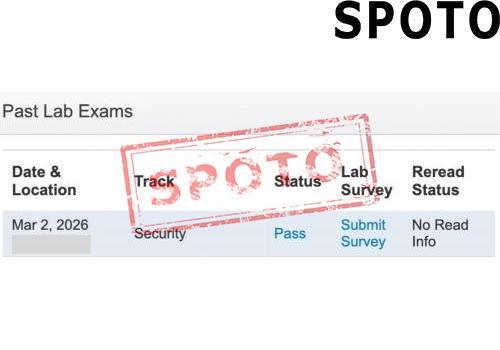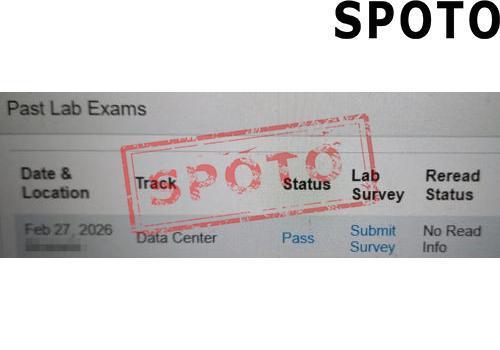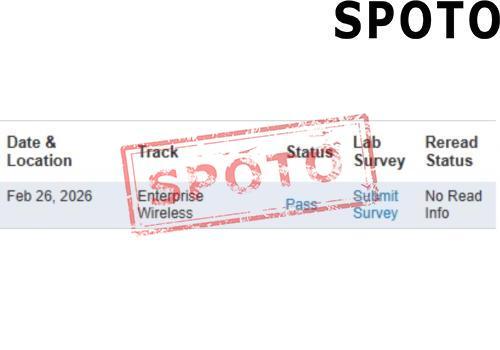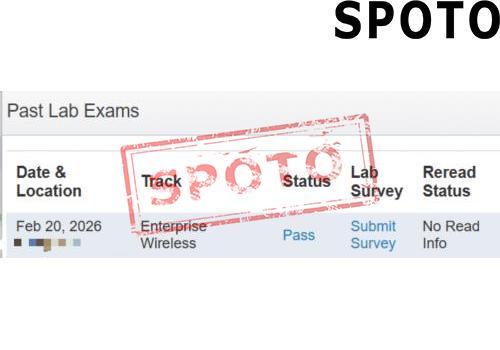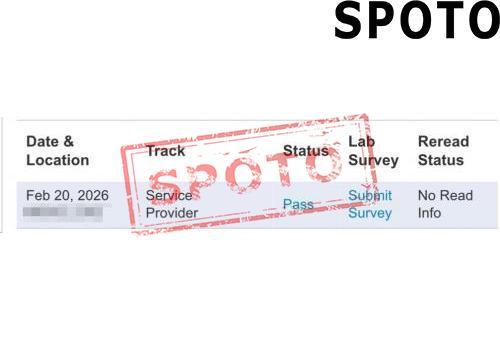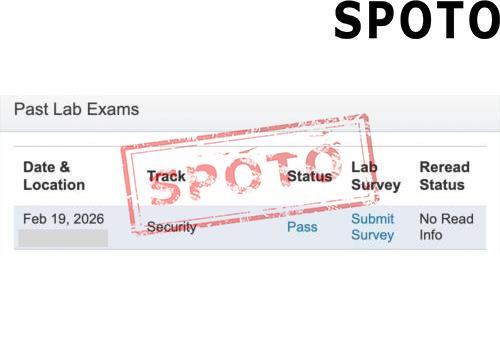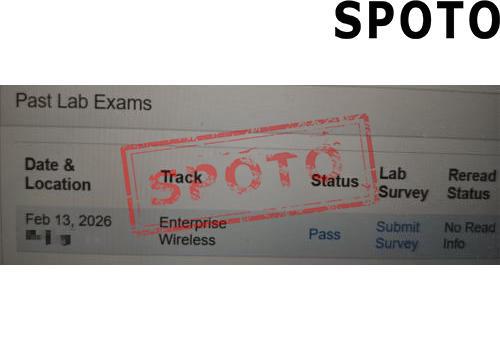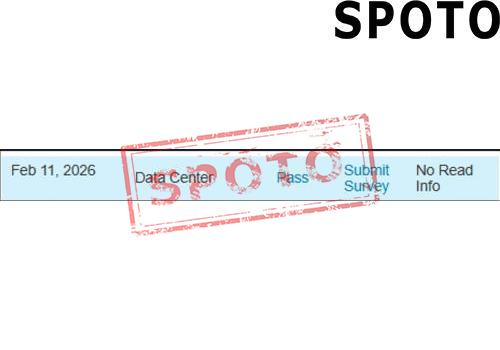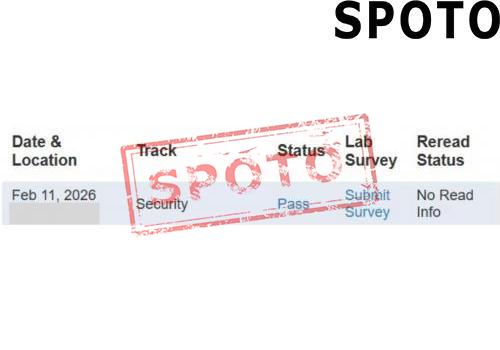)
Table of Contents
When it comes to Cisco certifications at the expert level, IT professionals often find themselves weighing the choice between CCIE Enterprise Infrastructure (CCIE EI) and Cisco Certified Design Expert (CCDE). Both certifications hold immense prestige in the networking industry, but they cater to distinct roles: implementing and optimizing versus planning and designing. If you're contemplating which path aligns with your career aspirations, this article breaks down the nuances of these certifications to help you decide.
What Do CCIE Enterprise Infrastructure and CCDE Represent?
CCIE Enterprise Infrastructure (CCIE EI)
The CCIE EI is focused on technical mastery in implementing, operating, and troubleshooting complex enterprise network solutions. It validates hands-on expertise in technologies such as:
- Routing and switching.
- SD-WAN (Software-Defined Wide Area Networking).
- Network automation and programmability.
- Advanced quality of service (QoS) configurations.
A CCIE EI-certified professional is essentially the builder of robust and scalable enterprise networks.
Cisco Certified Design Expert (CCDE)
The CCDE is all about the strategic aspect of networking. It emphasizes high-level design, analysis, and planning of enterprise network infrastructures. Professionals in this role are responsible for:
- Designing network architectures that meet business requirements.
- Addressing scalability, reliability, and security concerns.
- Collaborating with stakeholders to align technical solutions with organizational goals.
A CCDE is an architect who determines where to place the proverbial "bridge" for maximum efficiency and impact.
Skills and Job Roles: Builder vs. Strategist
CCIE Enterprise Infrastructure: Building the Bridge
Key skills include:
- Configuring and optimizing network devices.
- Implementing software-defined solutions like SD-WAN.
- Troubleshooting complex network issues.
- Automating network processes using tools like Python or Ansible.
Job roles:
- Senior Network Engineer.
- Network Operations Specialist.
- Infrastructure Consultant.
CCDE: Deciding Where to Put the Bridge
Key skills include:
- Translating business objectives into network designs.
- Evaluating technical trade-offs and risks.
- Designing resilient, scalable, and secure network infrastructures.
- Collaborating with executives and cross-functional teams.
Job roles:
- Network Architect.
- Design Consultant.
- IT Strategist.
Exam Structure and Preparation
CCIE Enterprise Infrastructure
- Written Exam: Tests theoretical knowledge of enterprise networking topics.
- Lab Exam: A practical, hands-on exam that evaluates real-world troubleshooting and implementation skills.
Preparation Tips:
- Leverage lab simulators like Cisco VIRL and practice extensively.
- Focus on technologies such as SD-WAN, MPLS, and network automation.
- Explore resources from platforms like SPOTO for guided training and lab practice.
CCDE
- Written Exam: Evaluates understanding of design principles, frameworks, and methodologies.
- Scenario-Based Practical Exam: Tests your ability to analyze requirements and design solutions.
Preparation Tips:
- Study business-oriented case studies to understand design challenges.
- Focus on documentation and stakeholder management.
- Join design workshops and participate in discussions on platforms like Cisco Learning Network.
Choosing the Right Certification
Consider CCIE Enterprise Infrastructure If:
- You thrive on solving technical problems and enjoy hands-on work.
- Your career goals involve working directly with network devices.
- You are passionate about automation, implementation, and troubleshooting.
Consider CCDE If:
- You enjoy strategic planning and aligning technology with business objectives.
- Your career aspirations include leadership roles or IT strategy formulation.
- You want to move beyond the technical layer and influence organizational decisions.
Salary and Career Impact
Both certifications significantly enhance career prospects and earning potential. However, the roles and responsibilities differ:
- CCIE EI professionals typically earn between $100,000 and $150,000 annually, depending on experience and location.
- CCDE professionals often see salaries upwards of $150,000 due to the strategic nature of their roles.
CCIE EI and CCDE: Complementary Certifications?
Interestingly, CCIE EI and CCDE are not mutually exclusive. Professionals aiming for a well-rounded career in networking may pursue both certifications to bridge the gap between hands-on technical expertise and strategic design capabilities.
Conclusion
The decision between CCIE Enterprise Infrastructure and CCDE boils down to your career aspirations and interests. If you enjoy hands-on technical work and troubleshooting, CCIE EI may be your best bet. Conversely, if you prefer strategic planning and influencing high-level decisions, CCDE is the path for you.
Either way, both certifications are invaluable assets that can propel your career to new heights in the networking domain. Choose the one that aligns with your strengths and goals, and embark on a rewarding journey in IT.
